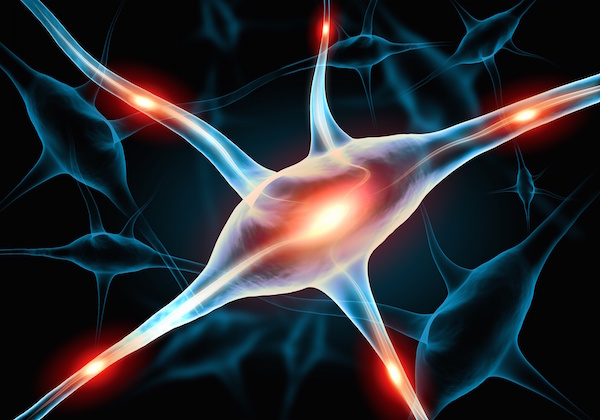
TUESDAY, Feb. 8 (HealthDay News) — People whose genetic make-up produces lower levels of a brain molecule called neuropeptide Y (NPY) may be at increased risk for major depression, says a new study.
Previous research has shown that NPY helps people calm down after experiencing stressful events.
This study found that when exposed to negative stimuli, people with gene variations that cause them to produce lower levels of NPY have stronger responses in key brain circuits related to emotion. This means they have less resilience to stress and a stronger psychological response to pain; they were also overrepresented in a population diagnosed with a major depressive disorder, the researchers said.
The study was published Feb. 7 in the Archives of General Psychiatry.
“We’ve identified a biomarker — in this case genetic variation — that is linked with increased risk of major depression,” senior author Dr. Jon-Kar Zubieta, a professor of psychiatry and radiology, and a research professor at the University of Michigan Molecular and Behavioral Neurosciences Institute, said in a university news release.
“This appears to be another mechanism, independent of previous targets in depression research, such as serotonin, dopamine and norepinephrine,” he added.
In the study, researchers used functional magnetic resonance imaging (fMRI) to look at the brain activity of participants as they read neutral words (such as “material”) negative words (“murderer”) or positive words (“hopeful”).
Participants who had lower NPY levels showed lots of activity in the prefrontal cortex, which is involved with processing emotion, compared to those with higher NPY levels.
“This tells us that individuals with the risk-associated NPY gene variant tend to activate this key brain region more than other people,
even in the absence of stress and before psychiatric symptoms are present,” said lead study author Dr. Brian Mickey, an assistant professor of psychiatry at the University of Michigan Medical School.
Researchers then injected participants’ jaw muscles with a saline solution that causes brief moderate pain. The level of pain was adjusted for each person until they rated it a 4 on a 10-point scale.
Participants were asked to describe how they felt before and after the injection. Participants in the low NPY group reported more negative emotions both before and after the injection, suggesting they were
more emotionally affected while both anticipating and thinking about the painful experience later.
The finding may eventually help with early diagnosis and treatment for depression, including individualized therapies based on a patient’s genetic profile, the researchers said.
More information
The U.S. National Institute of Mental Health has more about depression.

